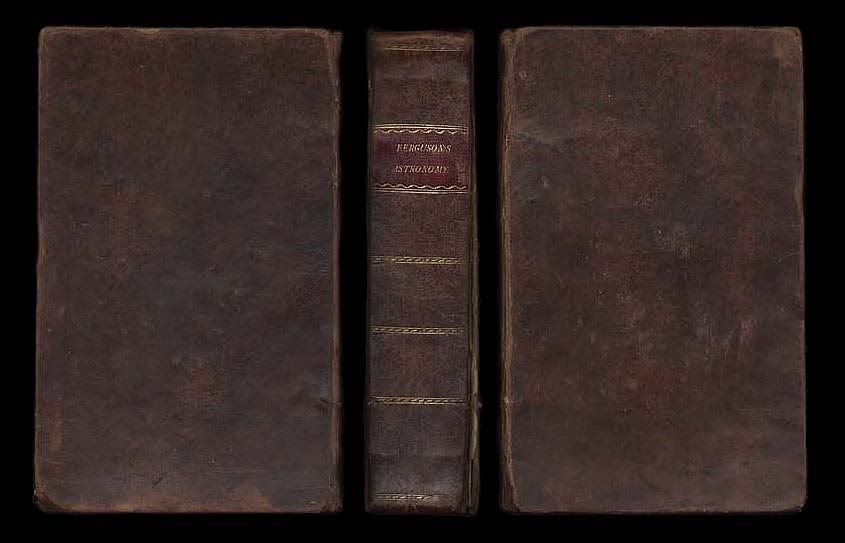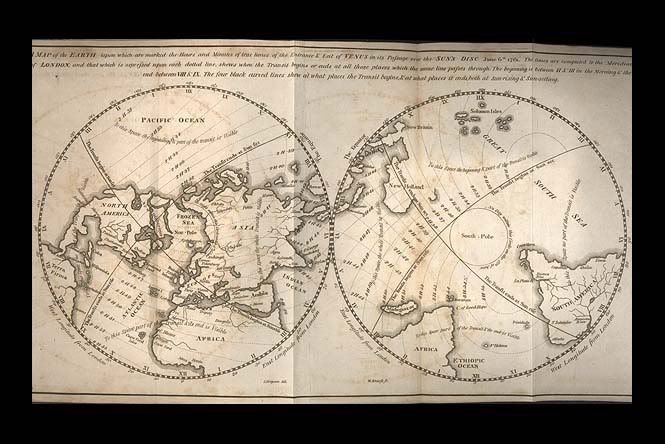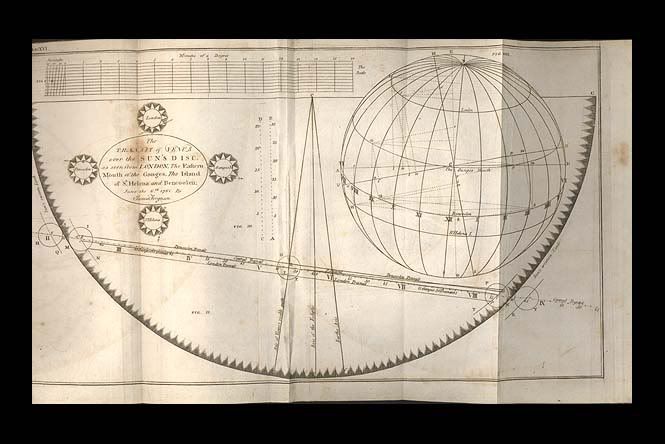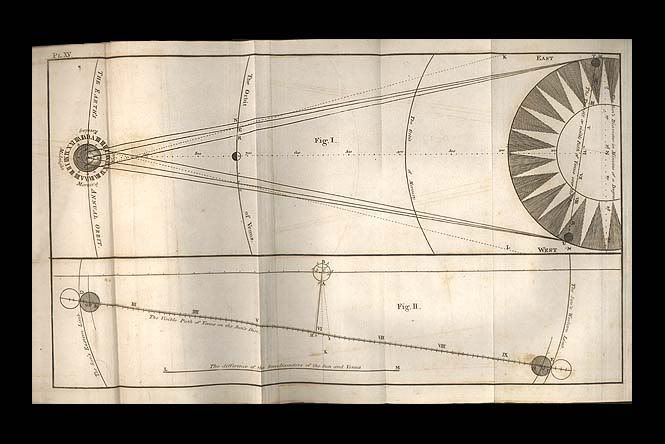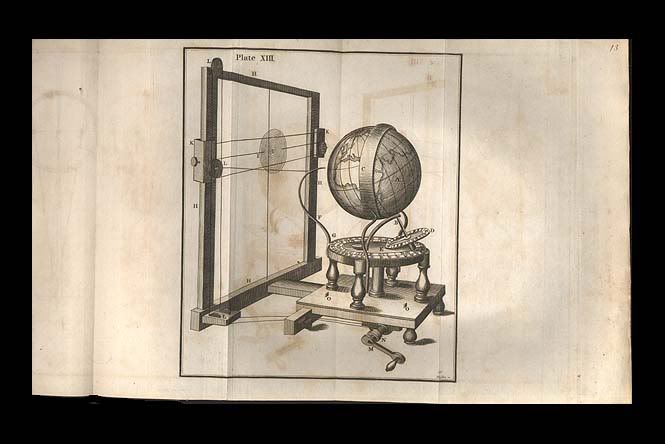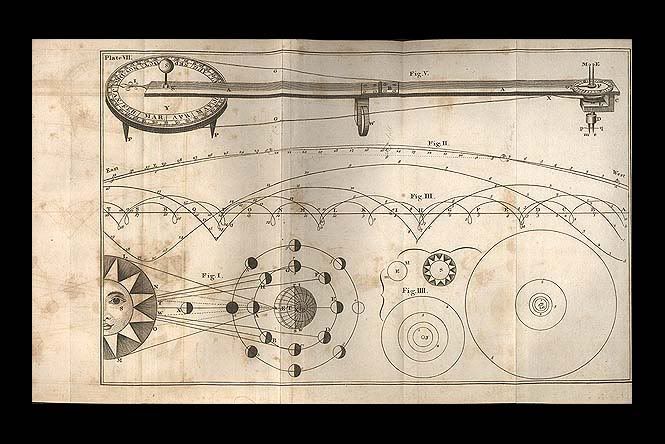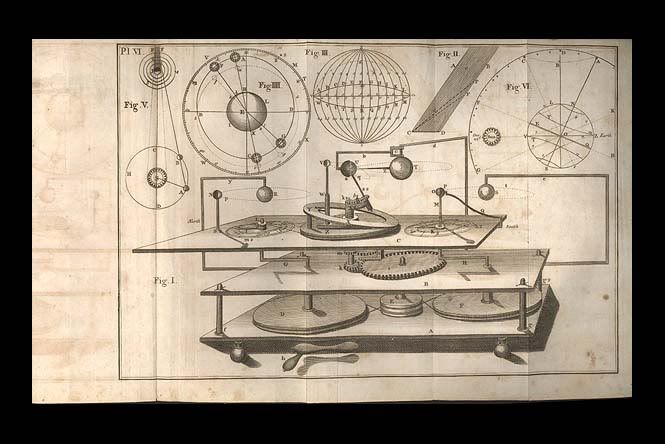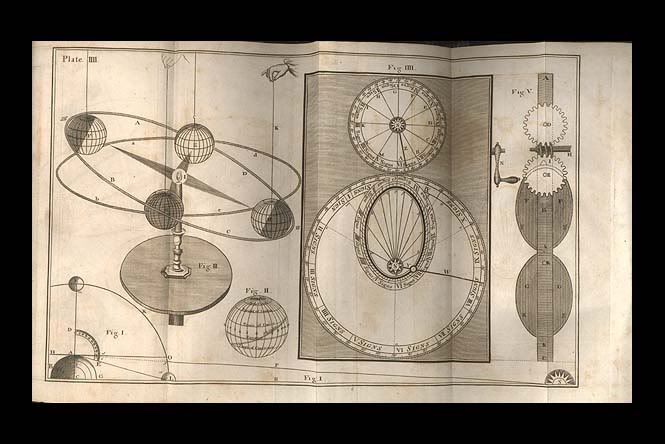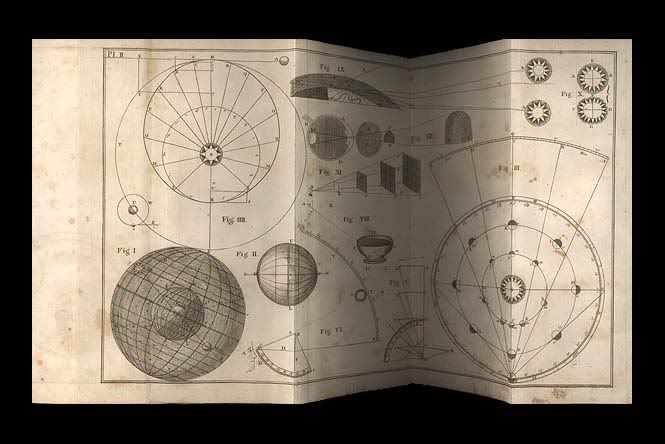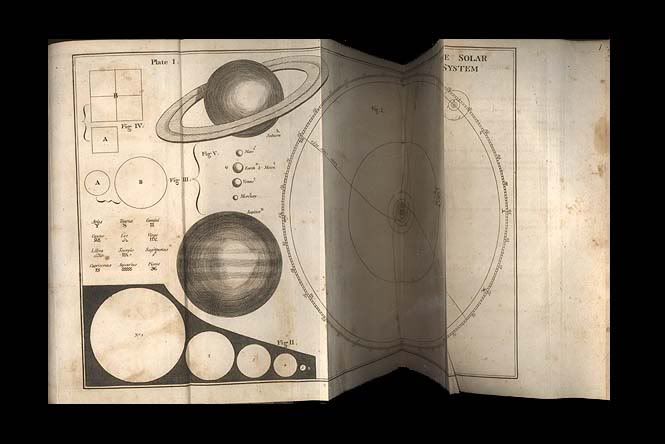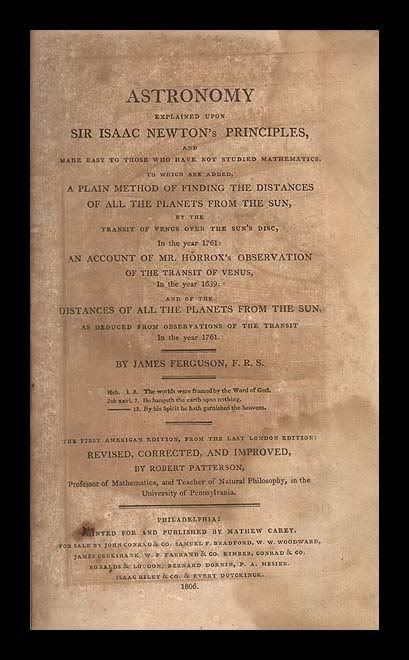Merry Christmas, one and all,
And to all and one,
And to all and one,
A Happy New Year!
I have dug the following book review of mine out from where it has long been buried in the archives of the BookThink website, where it was originally published as part of Professor Booknoodle's Scrapbook. I think it not inappropriate for the season.
Harrumph!
Every confounded year! The same blasted thing. One has finally gotten settled down from last year's assault upon peace and quiet when what happens? One is assaulted - assaulted! - by the same infernal, twinky, eye-pokey lights and mewling, mindless jittery music bleating out from out of every possible radio speaker: Red-necked reindeers, jingling rocks - and kissing Santas!
It's insufferable! Even if one make the small effort of turning off one's radio (and in my inner sanctum I can keep the infernal machine unplugged).... but just step outside - the confounded noise is vibrating the very air - if I just dare to step outside ... every tree, every mail box, every window, every squirrel hole, every service station and every place of business, indeed every place of public assembly has connived - connived! - to disturb the peaceful winter air with ear-rattling noise. Santas multiplied on every street corner, clanging hand noisy bells, ho-ho-hoing in one's face!
Why it even advances backward through the Calendar. Months before Christmas the blasted holiday is upon us like an unwelcome guest, crowding out other more sedate and less hectic observances.
Christmas is fast upon us and folks are rushing about willy-nilly looking for gifts. Not just one gift, but thousands of gifts. The shops are laden with bright garish things ... piled high with unsightly ties and sweaters that nobody in their right mind would ever wear. People bustle here and hustle there, arms full of doodads, eyesight impeded by packages piled high in their arms, so - if one has the temerity to attempt a mere casual evening stroll - they bump and jostle and generally impede one's progress.
Listen, I am not all harrumphery. I understand Christmas. It's a joyous season. A celebration of a blessed event. These things are, I believe, still there.... somewhere.
But I pine for a quieter, more sedate and personal observance. Where have the merry Yule logs gone? The happy carolers, who once were such a pleasant surprise outside one's door, have been drowned out by loudspeakers blaring Jinglebell Rock. If they do dare to walk about, house to house, they are lost amidst huge, inflatable polar bears, snowmen and garish green grinches, all bouncing madly about on snorts of machine-generated wind.
I know when the frantic Yuletide mania began. Haw! It began with a blasted, evil world war many years ago. A war so long ago most people have forgotten that it ever was. Only crusty historians remember and study it. It was a war that poisoned everything it touched. Even the story of Saint Nick was infected.
All that running around looking for the perfect gift. When, if people would just settle down and stand quiet for a moment they would realize just exactly what the perfect gift must be. Aside from the spiritual message (the true gift), is there anyone still reading here who does not know what it is? Is there any one reading who does not think a book to be the perfect gift? Is there anyone here who cannot remember receiving, at least once, a book as a Christmas present that turned out to be so exactly perfect?
I think not.
Many children are naturally of a scampish nature - mischievous imps tossing snowballs at the hats of innocent bypassers - the little scallywags! They eschew books to tend to misdeeds.
However there are those rare lucky children who eschew unruly mischief and are blessed with a particular receptive perception when gazing upon a book. They will have, always, a favorite tome. And it is usually near to reach. It little matters what book is perceived as perfection. What matters is that the book exists and it is near to hand, a friendly companion. When ideally situated, it is in hand, and open - and the hand is attached to a little person who has found a place of quiet refuge wherein to enter a world that opens only when the covers of their favorite book are opened.
Let me briefly take a passage from a great book that most people have forgotten was presented to the world as a Christmas gift by its author:
"Child of the pure unclouded brow And dreaming eyes of wonder! Though time be fleet, and I and thou Are half a life asunder, The loving smile will surely hail The love gift of a fairy tale ..."
That verse, which opens Lewis Carroll's immortal story, Through the Looking Glass (and What Alice Found There), embodies - exactly - just that perfection for an uncanny tale that unfolds with such puissant magical grace.
In Alice in Wonderland, Carroll's heroine observes, rather peckishly, I always thought (child after my heart!), "What is the use of a book without pictures or conversations?"
Harrumph, what indeed? What more perfect pair of books for wonderment ever were there, than those penned by Mr. Lewis Carroll?
But our purpose here is not to look at the perfect Christmas book. Our purpose is, instead, to examine a book from that dim wartime past that was thrust unsuspectingly into the hands of children come Christmas morning. It was a vessel of fear - a harbinger of future Christmas franticness and worry. Intrusively, it carried chaos and fear into the nursery.
This particular book is forgotten now to literary history and reader's alike. And, thankfully, unknown to the children of today. It is an object for collectors of old juveniles.
Among Christmas books there have always been some very pretty books, granted; but many have been packaged garishly with unrelievedly bright covers; but just open them up and one finds inside thick, pulpy, stiff paper with dull blotchy illustrations. ABC booklets with 1-2-3 and A-Apple pie simplicity. But, yes - there have been a good many pretty little books with pretty little chromolith pictures.
There have also been some pretty strange books. And, as I said, I would like to focus on just one of them, as I found it so unsettling. And if it is unsettling to an old curmudgeon like myself, what must it have been to a small child? It is possibly the strangest Christmas book to have ever been published, at least until Dr. Seuss arrived on the scene with his Grinch. What must the children have thought upon receiving the following harbinger of punishment?
It was titled Googly-Goo and His Ten Merry Men.
Written by Helen Jeffers and published by the Stecher Lithograph Company of Rochester, New York in 1916, the book presages somewhat How the Grinch Stole Christmas.
Googly Goo looks like a roly-poly, self-indulgent brat. All of his Ten Men look just like him. Yes, they all look like brats! They look like Santa's Elves gone bad - they are sycophants to a one, dressed all in blue. They are Blue Meanies with googly eyes and vapid grins. Googly-Goo and his Ten Men don't like naughty children. And they mean to do something mean about it. And they do!
The text spells it out, short and simple, in poor, ragged verse, no less:
"This Googly-Goo, His Ten Men too,
In gowns of blue,
Got together and caught Saint Nick -
Before he knew it - Bound him, quick.
They stole his sled,
So full of toys,
The sled he'd packed for girls and boys!"
In gowns of blue,
Got together and caught Saint Nick -
Before he knew it - Bound him, quick.
They stole his sled,
So full of toys,
The sled he'd packed for girls and boys!"
A page in the book shows Googly-Goo and his Ten Men flying through the air in Santa's sleigh, drawn by Santa's six reindeer. Googly-Goo is blowing a trumpet announcing his evil deed to the world. Where Santa would fly quietly over rooftops with an occasional Ho! Ho! Ho! and softly jingling sleigh bells, and a farewell Merry Christmas, Googly Goo must trumpet his arrival with noisy fanfare! The book also shows Santa tied up. The children are looking out of windows at this madness with horror.
So Googly-Goo - his Ten Men, too,
Hurried along, in gowns of blue,
Still shouting "O ye children bad,
Your Christmas surely will be sad.
You'll get no gifts from old Saint Nick,
Unless you mend your ways right quick!
Then lads and lassies shivered and shook, -
Out from their trundle-beds crept to look
At Googly-Goo, his Ten men too,
Hurrying on, in gowns of blue.
Hurried along, in gowns of blue,
Still shouting "O ye children bad,
Your Christmas surely will be sad.
You'll get no gifts from old Saint Nick,
Unless you mend your ways right quick!
Then lads and lassies shivered and shook, -
Out from their trundle-beds crept to look
At Googly-Goo, his Ten men too,
Hurrying on, in gowns of blue.
Harrumph! Kidnapping Santa Claus! What outrage! Does this book end happily? Could it? Haw! Well, in a manner of speaking, I suppose it does. If one doesn't think too much about it.
After warning about the "girls and boys who growl and poke and get angry when others joke", Googly-Goo relents - and releases Santa, for the children have all said their prayers. (I find it so strange and ominous that it is Googly-Goo who hears those prayers.) But Googly-Goo still holds some nefarious power over Santa and gives the jolly old man, who seems none the worse for having been trussed up, some instructions about filling stockings and distributing gifts. Harrumph, as if he, of all people, wouldn't know how.
Even though the children of the world buckled down and said their prayers and promised to be good and obey their parents, the damage had been done. Poor children! The fearful seed was planted. The message was clear. Even Saint Nick, in a world ravaged by a World War was not safe. (it was 1916, after all). If Santa is not safe from depredation and mischief, and kidnapping and trussings, how could mere innocent, helpless children be safe?
The Googly-Goo Xmas message?
Hide and tremble in your trundle-beds, kiddies.
And so to end, let us hie back to Lewis Carroll and his 1867 Christmas message, found in the front of Alice's Adventures in Wonderland:
"Lady dear, if Fairies may
For a moment lay aside
Cunning tricks and elfish play,
'Tis at happy Christmas-tide.
We have heard the children say -
Gentle children whom we love -
Long ago, on Christmas Day,
Came a message from above.
Still, as Christmas-tide comes round,
They remember it again -
Echo still the joyful sound
'Peace on earth, good-will to men!'
Yet the hearts must childlike be
Where such heavenly guests abide;
Unto children in their glee,
All the year is Christmas-tide!
Thus forgetting tricks and play
For a moment, Lady dear,
We would wish you, if we may,
Merry Christmas, glad New Year!"
For a moment lay aside
Cunning tricks and elfish play,
'Tis at happy Christmas-tide.
We have heard the children say -
Gentle children whom we love -
Long ago, on Christmas Day,
Came a message from above.
Still, as Christmas-tide comes round,
They remember it again -
Echo still the joyful sound
'Peace on earth, good-will to men!'
Yet the hearts must childlike be
Where such heavenly guests abide;
Unto children in their glee,
All the year is Christmas-tide!
Thus forgetting tricks and play
For a moment, Lady dear,
We would wish you, if we may,
Merry Christmas, glad New Year!"
On the back cover of Googly-Goo and His Ten Men is this message:
"Santa Claus, smiling, will come your way,
And bring you a better Christmas Day."
And bring you a better Christmas Day."
Do we dare believe this?
Scrooge relented. The Grinch reformed.
.... but Googly-Goo?
Scrooge relented. The Grinch reformed.
.... but Googly-Goo?
Harrumph.
Merry Christmas!













